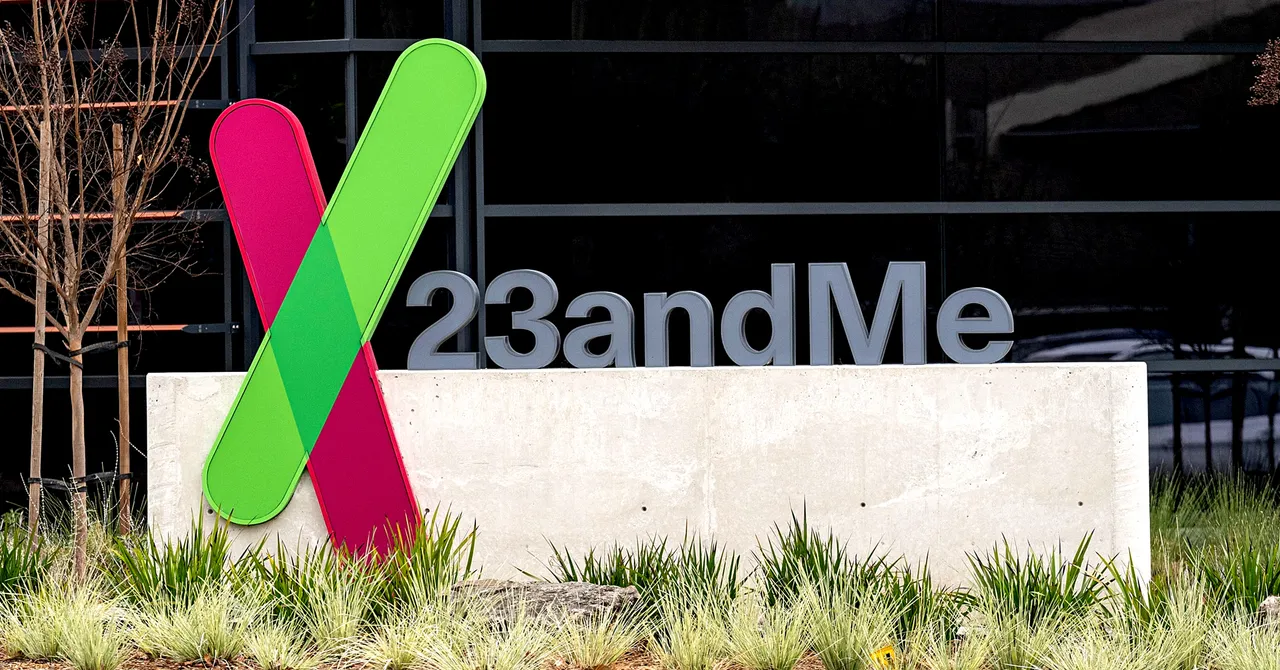Meta has come under fire once again, this time over a new AI experiment on Instagram that suggests comments for users. Some users accused the company of using AI to inflate engagement metrics, potentially misleading advertisers and diminishing authentic user interaction.
The feature, spotted by test users, involves a pencil icon next to the comment bar on Instagram posts. Tapping it generates suggested replies based on the image’s content.
Meta has confirmed the feature is in testing but did not reveal plans for a broader launch. The company stated that it is exploring ways to incorporate Meta AI across different parts of its apps, including feeds, comments, groups, and search.
Public reaction has been largely negative, with concerns that AI-generated comments could flood the platform with inauthentic conversations. Social media users voiced fears of fake interactions replacing genuine ones, and some accused Meta of deceiving advertisers through inflated statistics.
Comparisons to dystopian scenarios were common, as users questioned the future of online social spaces.
This isn’t the first time Meta has faced backlash for its AI ventures. Previous attempts included AI personas modelled on celebrities and diverse identities, which were criticised for being disingenuous and engineered by largely homogenous development teams.
The future of AI-generated comments on Instagram remains uncertain as scrutiny continues to mount.
For more information on these topics, visit diplomacy.edu.










